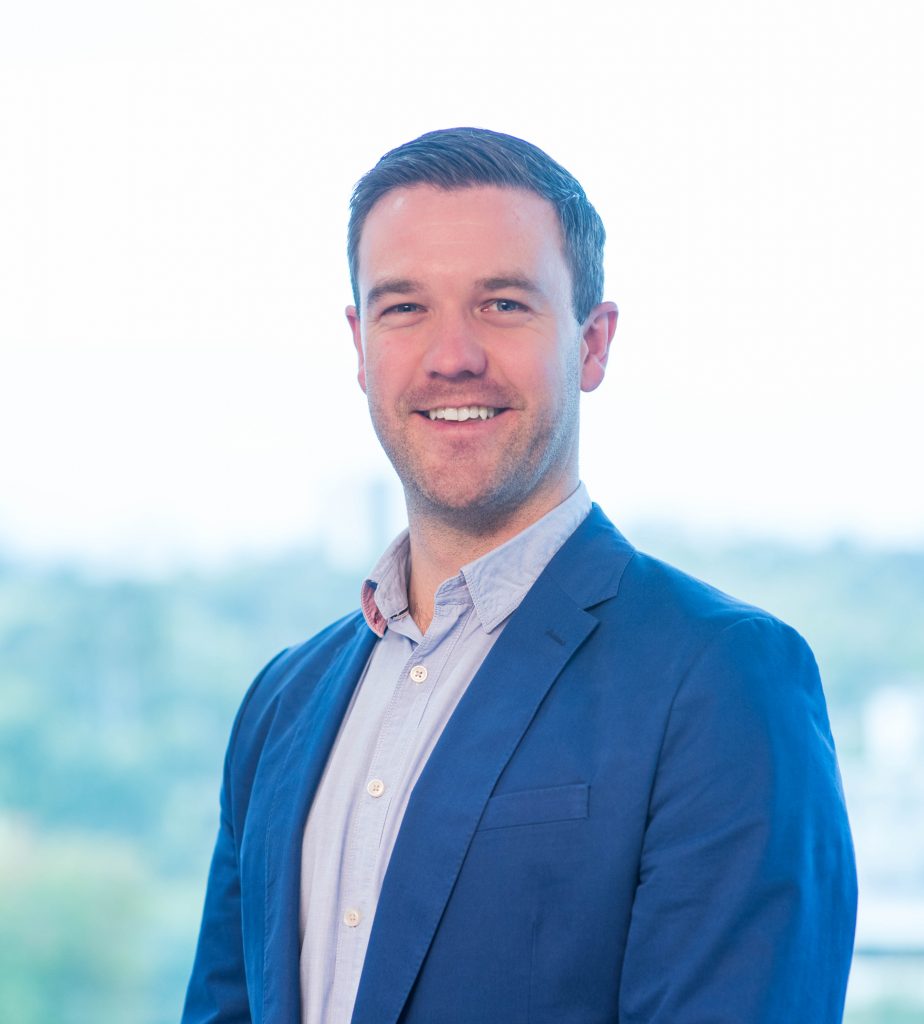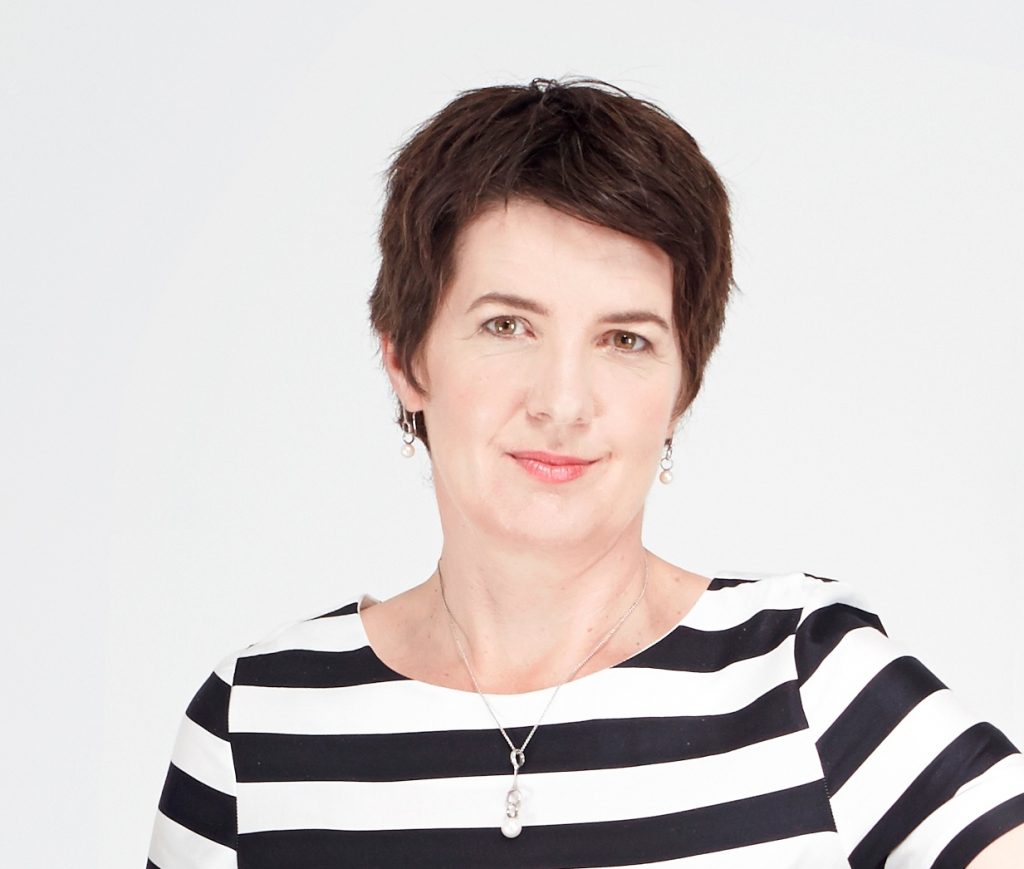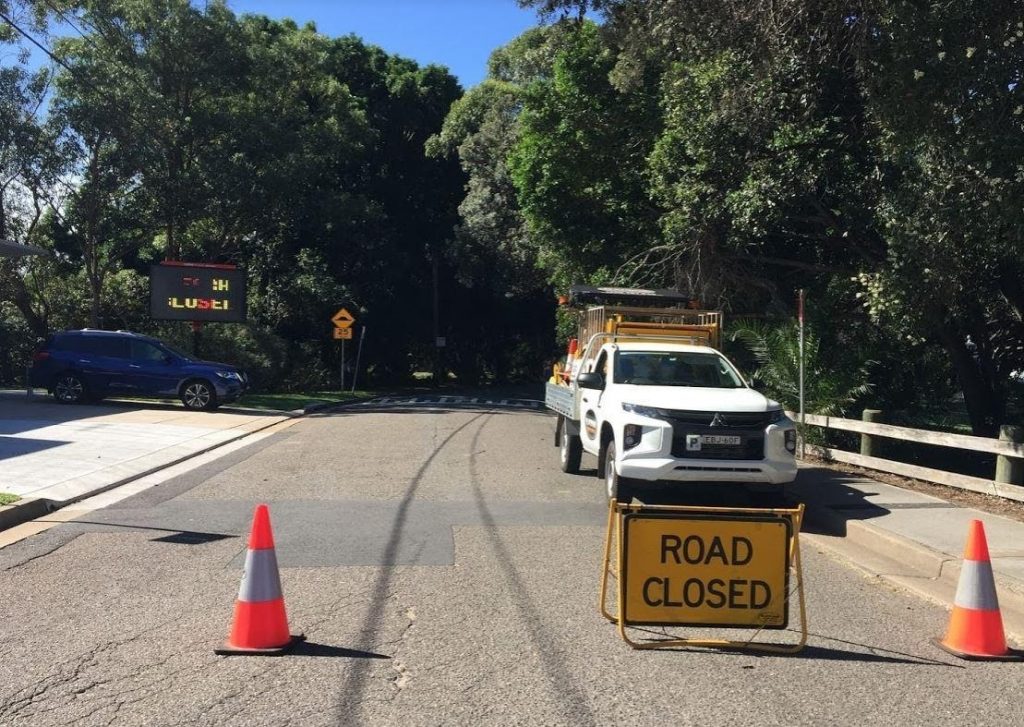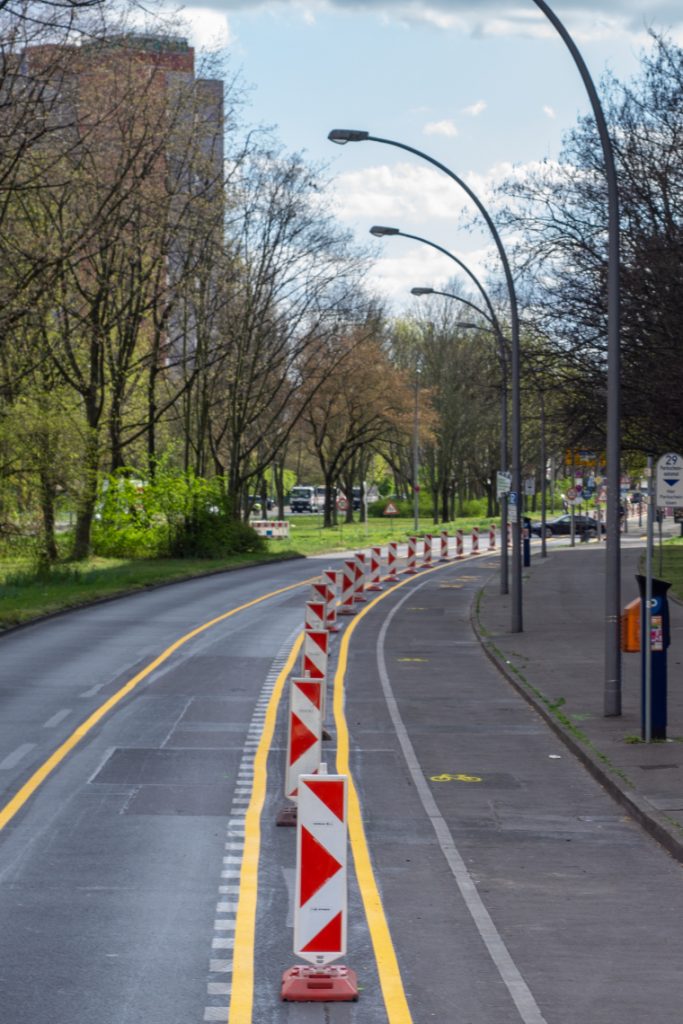Australian experts call for space for safer walking and cycling
23 April 2020 | Announcement
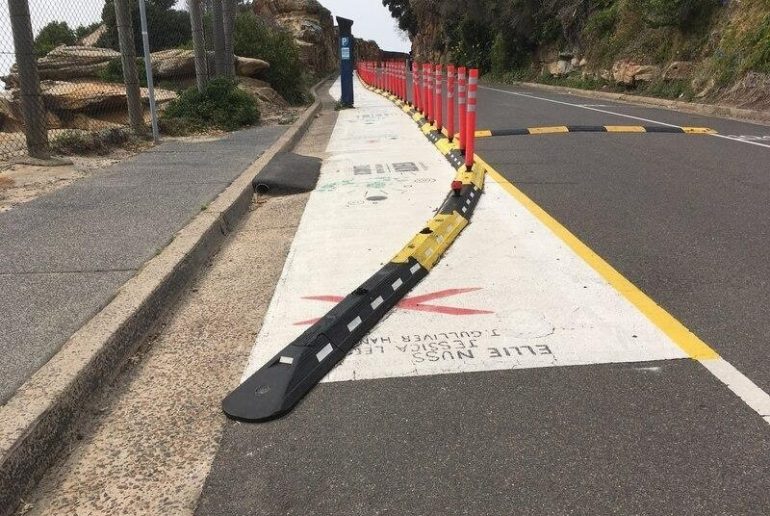
Australian health and transport experts have today called on decision makers to enact urgent measures to support safe walking and cycling and social distancing during the COVID-19 pandemic.
The Australian Government has recognised the importance of remaining physically active during the COVID-19 pandemic, and has listed exercise as one of four essential activities. As a result, many Australians have been getting active across the country by walking and cycling, but many areas lack sufficient space required to maintain critical physical separation.
Dr Ben Beck, from the School of Public Health and Preventive Medicine at Monash University, has led the call from health and transport experts and is concerned for safety as our paths and cycleways are inadequate to handle the physical activity requirement during this crisis.
“Physical activity is fundamentally important for mental and physical health, particularly during the COVID-19 pandemic.
“However, the current pandemic has demonstrated that the space we give to people walking and cycling on our streets is inadequate, especially given the need for physical distancing.
“In order to provide safe physical activity and social distancing for adults and children to exercise and move about their neighbourhoods, we need decision makers to enable rapid roll-out of social distancing infrastructure to support walking and cycling.
“We have seen numerous examples across the world of governments introducing reduced speed limits, widened footpaths, emergency cycle lanes and the closure of roads. As yet, we have not seen a similar response in Australia, and we need to act now,” Dr Beck said.
Experts also noted that safe cycling and walking will be imperative in reactivating our economy when social distancing measures are relaxed, enabling people to travel to work and school using transport modes that are both safe and healthy.
Professor Rebecca Ivers, Head of School, Public Health and Community Medicine at the University of New South Wales has a special interest in health and transport and says,
“Not only do we need Australians to stay active and healthy, we need to consider how they can continue to do this safely during an extended period of physical isolation,
“Keeping active now and as we begin to get back on our feet is hugely important for our mental and physical well-being,
“The continued crowding in popular walking spots could be addressed with simple, temporary changes where we all live,” Prof Ivers said.
The letter calling on decision makers to take urgent steps to enhance walking and cycling during the pandemic was sent today to all State and Territory Transport Ministers and co-signed by over 100 Australian experts.
In addition to academics from universities across Australia, support was also provided by individuals from the Heart Foundation, Public Health Association of Australia, the Australasian College for Emergency Medicine, the Australasian College of Road Safety, the Royal Australasian College of Surgeons Trauma Committee, Kidsafe, the Australasian Injury Prevention Network, The Committee for Sydney and The Committee for Adelaide.
Letter: Public Health Letter
Bios:
Dr Ben Beck is a Senior Research Fellow in the School of Public Health and Preventive Medicine, and President of the Australasian Injury Prevention Network.
Professor Rebecca Ivers, an NHMRC Senior Research Fellow, is Head, School of Public Health and Community Medicine, UNSW Sydney, and Honorary Professorial Fellow at the George Institute for Global Health. Ivers leads a global research program focusing on the prevention and management of injury. Her work has a strong focus on equity, implementation, sustainability and capacity development. Ivers has worked extensively with the World Health Organisation and co-directs a WHO Collaborating Centre in Injury Prevention and Trauma Care.
Media:
Dr Beck (Melbourne based) and Professor Ivers (Sydney based) are available to answer media questions.
Contact: Stephen Hodge, We Ride Australia, Mob. 0411 149 910, stephen@weride.org.au

